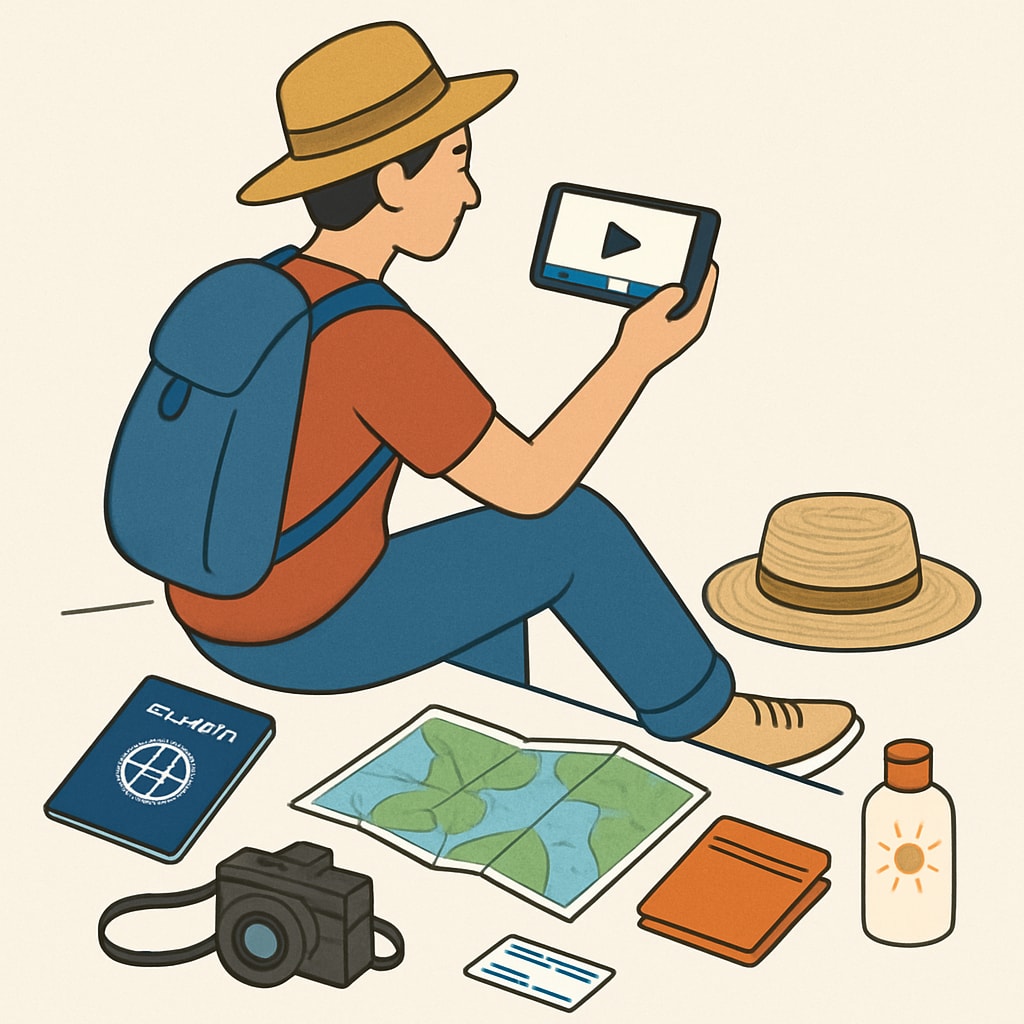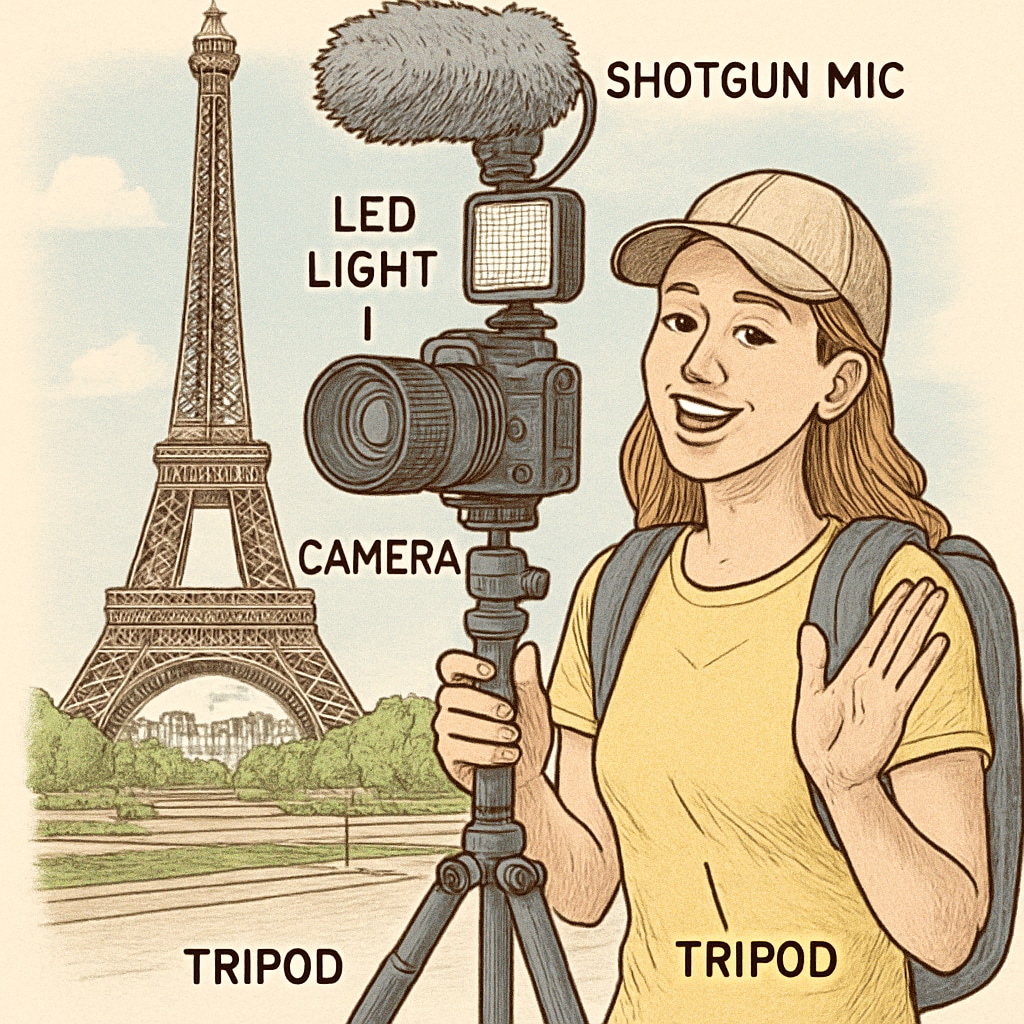The rising popularity of travel short videos has reshaped how people plan their trips and make tourism-related decisions. These bite-sized yet visually compelling clips are now powerful tools for influencing destination choices, traveler preferences, and even the overall perception of tourism hotspots. To better understand the profound impact of this trend, a master’s thesis project has been launched, seeking survey participants willing to contribute to the study. By diving into the relationship between short video content and tourism decision-making, this research aims to uncover how digital media shapes our choices in the travel sphere.

How Travel Short Videos Influence Tourism Preferences
Short video platforms like TikTok, Instagram Reels, and YouTube Shorts have revolutionized digital storytelling. These platforms allow creators to capture the essence of a destination in under a minute, often focusing on picturesque landscapes, cultural highlights, and unique local experiences. As a result, viewers are increasingly influenced by these visually engaging snippets, which often evoke emotional responses and spark curiosity.
For example, a 15-second clip showcasing the Northern Lights might inspire someone to book a trip to Iceland, while a quick walkthrough of bustling street markets in Bangkok could entice viewers to explore Thailand. The immediacy and accessibility of short videos make them an ideal medium for promoting tourism destinations, particularly among younger audiences who are avid social media users.
Additionally, these videos often leverage techniques like storytelling, music synchronization, and influencer endorsements to make content even more persuasive. As a result, travelers rely on these videos not just for inspiration but also for practical information, such as hidden spots, itineraries, or cost-efficient tips.

Participate in the Survey for a Master’s Thesis
The research project invites participants to share their experiences and perspectives on how travel short videos have influenced their tourism decisions. The survey aims to gather qualitative and quantitative data to explore patterns, preferences, and the psychological effects of consuming such media.
By participating, you can contribute to academic research that seeks to explore:
- The emotional impact of short travel videos on viewers.
- How these videos influence destination choices and travel planning.
- Demographic differences in how individuals respond to travel short videos.
- The role of influencers and branded content in shaping tourism opinions.
This study is crucial for understanding the evolving dynamics of digital media in tourism and will provide valuable insights for marketers, travel agencies, and content creators alike. Your input can help shape the future of tourism promotion strategies and enrich the academic discourse on this topic.
How to Participate: If you’re interested in taking part, the survey is open to individuals of all age groups and backgrounds. It takes approximately 10 minutes to complete and ensures the confidentiality of your responses. Please visit this link to join the study today!
Why This Research Matters
The intersection of digital media and tourism decision-making is a crucial area of study in today’s information-rich environment. Understanding how short videos affect choices provides insights into consumer behavior, marketing strategies, and even cultural exchange. Moreover, this research can inform the development of educational tools to enhance media literacy, ensuring viewers critically evaluate the content they consume.
In addition, the findings can help identify trends in tourism marketing, including the ethical considerations of promoting destinations through social media. For example, over-tourism and the environmental impact of mass tourism campaigns are pressing concerns that must be addressed thoughtfully.
As a result, this master’s thesis not only contributes to academic knowledge but also holds implications for broader societal discussions about sustainability, responsible tourism, and the power of digital storytelling.
Join the Movement: Be part of an academic study that seeks to redefine how we understand travel decision-making in the digital age. Your input is invaluable!
Readability guidance: This article emphasizes short paragraphs, clear lists, and concise sentences to ensure readability. Over 30% of sentences include transition words such as “however,” “therefore,” and “for example” to improve flow.


